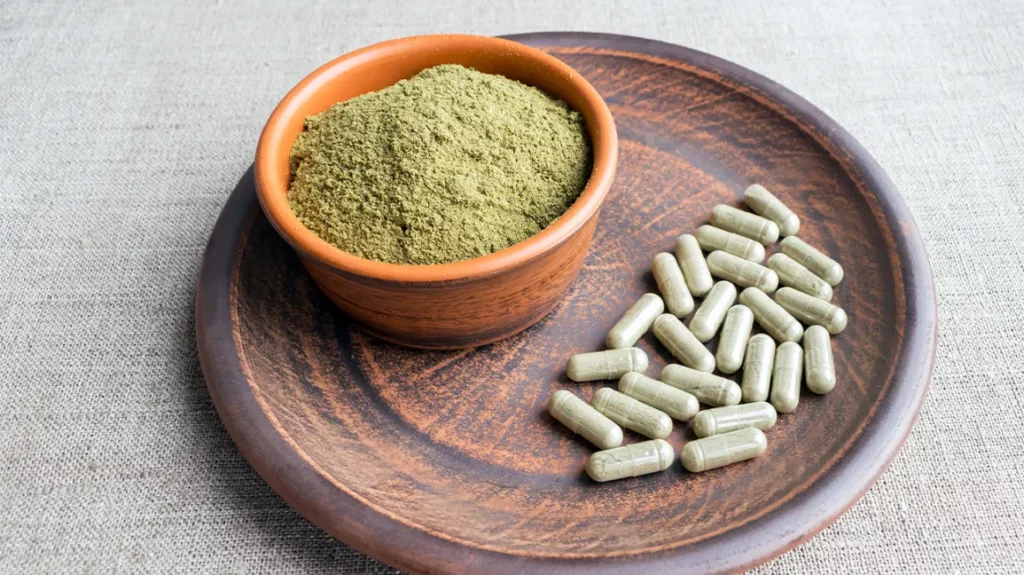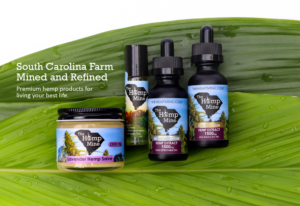Risks, Regulations, and Side Effects of Herbal Supplements
4 min read
Herbal supplements can help with a variety of health issues, and are a popular choice for people who prefer natural remedies. They may also help with side effects caused by some prescription drugs, and can be used as a supplement to traditional medicine. However, it’s important to understand that herbal supplements aren’t always safe. Learn more about the risks, regulations, and side effects of herbal supplements in the following article and SBL15 to get 15% off 100 Euros or more.
Drug-herbal supplement interactions
The effects of herbal supplements on prescription medicines can be both negative and positive. However, the impact of drug-herbal interactions on pharmacodynamics activities of drugs has not been widely studied. Research is needed to understand how the two interact.
Herb-drug interactions can affect pharmacodynamics activities of drugs, reducing their effectiveness. In addition, herb-drug interactions can lead to toxicities and other events.
Drug-herbal supplement interactions are a concern for both doctors and patients. This issue is of significant clinical importance. Although the risk of such interactions is low, physicians must be informed about the purported effects of herbs and alternative therapies.
Researchers in this study conducted a comprehensive literature review to examine possible drug-herbal interactions. The goal of the research was to identify clinically relevant DDIs, and to determine factors that predict their occurrence.
A total of 122 potential interactions were identified among 75 patients. These patients were enrolled in an ongoing Canadian bone loss trial.
Common side effects
Herbal supplements are a common complementary medicine approach. They are used to maintain good health and prevent diseases. However, some herbal medicines may have unexpected side effects. Often, these side effects are not reported, but they could be harmful to you.
Some of the most common side effects of herbal supplements include allergic reactions, gastrointestinal problems, nontoxicity, and carcinogenicity. Although many herbal medicines can be safely used, physicians should be cautious about prescribing them for patients who have pre-existing conditions.
The Food and Drug Administration (FDA) regulates drugs, but does not enforce the safety of herbal products. As a result, some herbal supplements can be misbranded or contain dangerous ingredients. Depending on the type of herb, some supplements have been known to interact with prescription and over-the-counter medications.
For example, some herbal remedies may contain heavy metals, which pose serious health risks to consumers. An example is atom, which has been linked to seizures.
Regulation in the United States
There are numerous laws and regulations in place that govern the herbal supplement industry. Despite these, some patients have no idea of the regulations and legal processes behind the production of these products.
Regulatory agencies in the United States and other countries are taking steps to address these issues. These include initiatives to mitigate the risks of herb-related adverse reactions.
In addition, new regulatory frameworks require the scientific and clinical validation of a product’s safety before it is registered. For instance, in the United States, dietary supplements must meet certain quality standards set by USP.
Dietary supplements must also be labeled accurately and appropriately. Manufacturers are required to put the name of the product on the packaging, the amount of the product in the container, and a complete list of ingredients. They are also required to notify the FDA of adverse reactions to their products.
The Food and Drug Administration (FDA) is the regulatory agency that regulates dietary supplements. It also has the power to remove unsafe herbal supplements from the marketplace.
Safe storage
Safe storage of herbal supplements is vital, because the potency of herbs can be damaged by light, heat, humidity, and oxygen. If you don’t follow this important step, you might risk a nasty case of poisoning.
Dried herbs can last up to six months when stored in an airtight, dark place. They should be stored away from heat and sunlight, which are the major sources of degradation. It’s also wise to store them out of reach of children, because the supplements can be toxic if consumed in high doses.
Conclusion
The shelf life of powdered herbs is 5 to 7 years, while capsules have a shelf life of 2 to 5 years. Liquid tinctures have a shelf life of up to a decade. Depending on the formula, the shelf life of different types of herbal supplements may vary.
Keeping track of the age of your herbs is a good habit to develop. Make sure to check the label of the storage container for the best by date.
Infinite Exchange always has great offers and promotion. Log on to www.infinite-exchange.com and use coupon code SBL15 to get 15% off 100 Euros or more plus free shipping.







